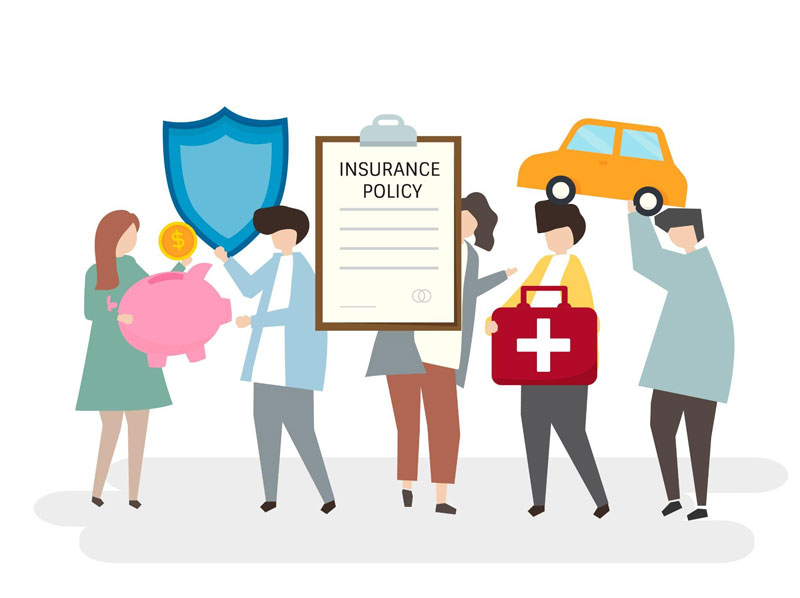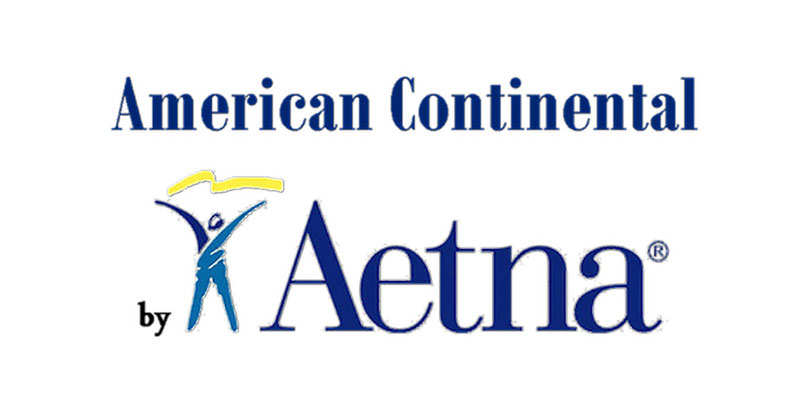A business interruption policy, also known as ‘loss of profits insurance’ or ‘contingency insurance’, protects a company from interruptions and losses caused by an insured event such as fire or flood.
An endorsement of a property insurance policy is typically required to cover business interruption. Most insurance policies cover actual physical damage or loss resulting in business interruption. Some policies refer to this as "business income insurance." Essentially, both phrases mean the same thing: Pay me for my losses as if they never occurred.
The Business Interruption component of the claim requires a more intricate calculation. There is no change in the principle of the insured being reimbursed for the losses suffered by the business as a result of a covered peril. However, different factors are taken into consideration when determining what is covered. Those factors should be considered, understood, and accounted for in the Business Interruption calculation based on the terms and conditions of the policy in place at the time of the incident. Continue reading for more information.

How to Calculate an Insurance Claim for Business Interruption:
- Determine the duration of your business's indemnity period. In spite of how bad it sounds, it's imperative that you think about and imagine the worst-case scenario. By doing so, you'll be able to draw an accurate picture of how long it will take for things to return to normal. It is important to consider a variety of factors when determining the time needed, such as building codes and permits.
- Estimate the time necessary for retraining the staff and the time it would take to obtain new equipment. Indemnity periods typically last 24 months or more, based on the financial experts' recommendations.
- Determine the expected gross revenue of the business over the period of indemnification. Over the indemnity period, estimate the fees or sales from the past 12 to 24 months based on the business. Depending on the expected growth or decline of your business as well as the anticipated inflation rate, adjust your calculations.
- Determine the expected gross profit of the business over a given period. It is calculated as expected gross revenue minus anticipated changes in inventories, business materials, and freight costs.
- If you need to operate your business from another temporary location during the indemnity period, calculate the costs of moving. Small businesses such as real estate agents or business intermediaries may be impacted by this law, as might local tradespeople, plumbers, electricians, or hairdressers. Provide rent, equipment rentals, payroll, employee benefits, workers compensation, and other employee allowances during the temporary tenancy.
- Calculate how much you are expected to save on business expenses during the indemnity period. The costs won't be incurred as a result of the property damage. These include maintenance, utilities, and building services.
- Your business landlord will be able to tell you whether you are liable for the rental of the building if it is destroyed during an event that causes a loss. If so, estimate how much you will be liable for over the indemnity period.
- Include gross profits as well as moving costs and ongoing rentals, if applicable. Subtract the anticipated savings from this figure. This is the amount you should pay for business interruption insurance. Your selected insurance company can provide this coverage.

What Are Business Interruption Insurance Extensions?
A standard Business Interruption Insurance policy covers losses only if they occur at your premises or property, but not if they occur at a client's or supplier's location, if applicable. Nevertheless, your business may be impacted by such damage, which is why these extensions are something worth considering when choosing the right policy:
- Losses incurred as a result of damage to your suppliers' premises.
- The losses incurred by damage to named customers' premises.
- Property damage that occurs while in transit.
- The cost of losing access to insured premises as a result of a damaged nearby building.
- An increase in losses due to damage to a public utility building or premises.
- A loss resulting from disease, vermin, poor sanitation, murder, or suicide.
The bottom line
No business wants to discover after suffering a major loss that it failed to purchase enough insurance to restore its financial health. Companies buying BI insurance need to make sure they buy the correct amount of coverage since most policies have a coinsurance clause. A coinsurance clause acts as a penalty if coverage is undersupplied. The reason for this is that if it had been known that the policyholder was not covered by the required BI limits, it would have required a higher premium.
It is unrealistic to expect insurance buyers to be experts in business interruption insurance, but it is crucial that they have a basic understanding of the coverage and how business interruption values work. Buyers who are knowledgeable in BI can more easily determine the appropriate value of their company and will be in a better position to work with their broker and underwriter to ensure their interests are well-protected.




